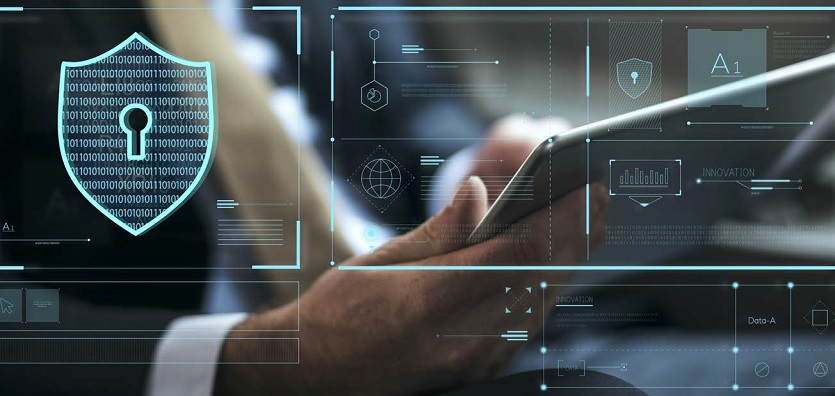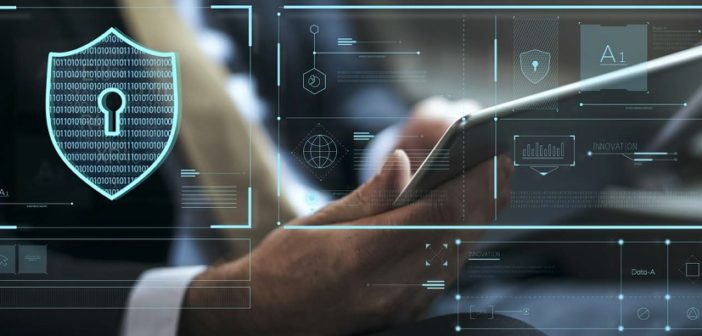
 Few amongst us today could argue our lives would not be drastically affected by being denied Internet access. No more video calls to distant loved ones; no remote connectivity to the office; for those who live an almost cashless existence, a limited capacity to access their wealth; and of course, no access to reddit. Broader still, what if we consider those who are socially or politically isolated and rely on the Internet as their window to a better, brighter world? We typically think of human rights as inalienable, universal, and as entrenched – at least conceptually – as human thought itself. Notions such as freedom of expression, the right to assembly and the right to education, are the foundations upon which modern democracies are founded and have not traditionally been bound to any technology. It is therefore easy to understand why until very recently, the idea of defending Internet access with the same conviction as we would the freedom to participate in a democratic process would seem absurd.
Few amongst us today could argue our lives would not be drastically affected by being denied Internet access. No more video calls to distant loved ones; no remote connectivity to the office; for those who live an almost cashless existence, a limited capacity to access their wealth; and of course, no access to reddit. Broader still, what if we consider those who are socially or politically isolated and rely on the Internet as their window to a better, brighter world? We typically think of human rights as inalienable, universal, and as entrenched – at least conceptually – as human thought itself. Notions such as freedom of expression, the right to assembly and the right to education, are the foundations upon which modern democracies are founded and have not traditionally been bound to any technology. It is therefore easy to understand why until very recently, the idea of defending Internet access with the same conviction as we would the freedom to participate in a democratic process would seem absurd.
Last year the UN Human Rights Council passed a resolution declaring access to the Internet a fundamental human right, acknowledging the technology’s capacity to accelerate human progress. The Internet provides us with a historically unparalleled access to our collective human knowledge, and an incredibly powerful medium to foster free expression. In the 21st century, finding a mathematical proof of the theory of time dilation takes four words, .58 seconds in a search engine, and an Internet connection. Finding an avenue for expressing yourself to a large audience, for good or ill, is as simple as scrolling to the comments section on a YouTube video. That our online freedoms have been recognised as fundamental human rights is not particularly shocking, but a right without the ability to exercise it freely is meaningless: my freedom of movement is of little value if my house has no door through which I can leave. So, to whom does the burden of making sure we have the capacity to exercise these rights fall?
It is too simplistic to say this responsibility falls to the nation state alone. The United Nations’ Guiding Principles on Business and Human Rights states that the corporate responsibility to respect human rights applies to all enterprises, regardless of their size or sector. This is a simple enough proposition when considering a business’ obligation to protect its workers, but when, for example, a company provides both the figurative and literal gateway to the Internet, this responsibility becomes a little more abstract. If the intentional denial of Internet access functionally equates to the denial of a human right, is a company that inadvertently does the same, due to its poor cyber security posture, therefore endangering the ability of its’ customers to exercise their basic human rights? What about industries that facilitate these rights through e-commerce, social media or the myriad of other technologies upon which digital citizens rely? While to date the clearest examples of this behaviour have involved nation-state interference, the threats are far from unique to the government context…Click HERE to read full article.





